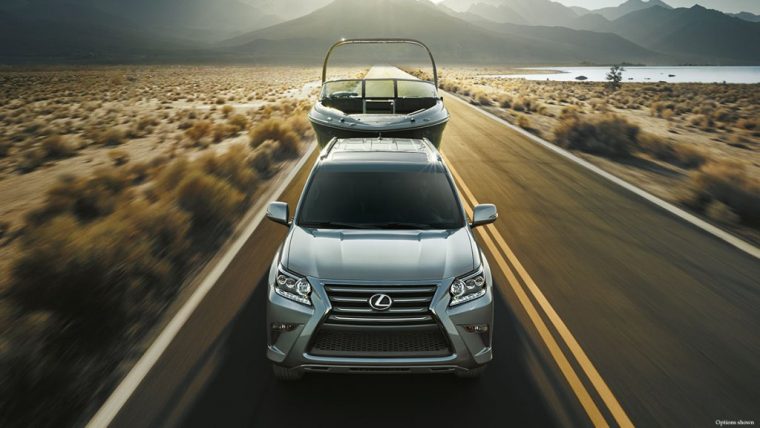Towing 101: Get There Safe With These Tips

There are tons of variables that you need to consider to ensure your safety and the safety of others around you when towing. Get familiar with these precautions from an established towing service company in Singapore to increase your chances of doing everything by the book.
Know your car’s limits
In order to tow safely, you need to know the maximum towing weight of your vehicle and the gross weight of the towed vehicle. If you don’t do this, you might cause your car’s engine to malfunction due to overexertion. When this happens, you’ll need to pull over immediately (and safely) to the shoulder of the highway or road you’re on.
You can find the max towing weight of your vehicle by looking for a metal plate or sticker near the inside of the driver’s door. It typically includes this information as well as your vehicle’s VIN and tire pressure limits. When you’ve got all the info, you’re ready to determine if you can tow what you want.
Hitch and ball details
Before towing anything, though, you need to check the loading capacity of the hitch and ball. You don’t want to skimp on this part of the towing process. If the ball or hitch break while towing, you’ll lose your cargo and you’ll be responsible for it if a vehicle or person is struck by it. Tip: You should purchase a weight-distributing hitch for loads that exceed 5,000 pounds.

Don’t forget the tongue
The tongue of the trailer should exert enough downward force to avoid trailer sway. But if the tongue weight is too heavy, the steering of the vehicle that’s doing the towing will be affected. The rule of thumb is that you should get a tongue with a weight that’s 9-15 percent of your gross vehicle weight (GVW).
Cross the chains
For maximum safety, it doesn’t hurt to hook up the towing chains by crossing them. Doing this prevents the hitch from landing on the pavement because the crossed chains will catch it.
Check the lights
Before heading out, you’ll want to be sure all the brake lights work on the trailer or vehicle that you’re towing. If you don’t have working lights and you need to stop suddenly, the person driving behind you could end up hitting you and it might be your fault at the time of swapping insurance.
Along with the above, keep in mind that you should take turns slowly and do not speed at all. If you lose control of your towed vehicle or can’t stop, that’ll be on you if you’re caught doing either of these dangerous activities.
This is a collaborative article.

The News Wheel is a digital auto magazine providing readers with a fresh perspective on the latest car news. We’re located in the heart of America (Dayton, Ohio) and our goal is to deliver an entertaining and informative perspective on what’s trending in the automotive world. See more articles from The News Wheel.

